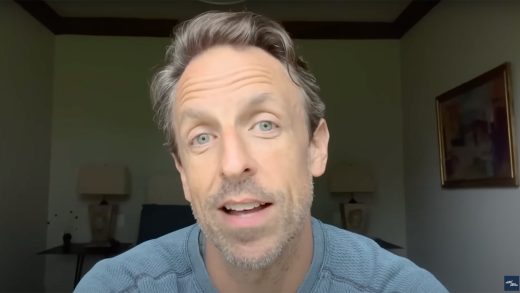You might be here because you felt bereft at the end of the Kingsbridge story, or because Fall of Giants made left you gasping for more. Or perhaps you’ve never even heard of Ken Follett, the Welsh novelist who got into writing because he needed money to fix his car — and a colleague had been paid a book advance which was exactly the amount Follett needed. Within a few years, Follett had published Eye of the Needle, a thriller which became an international bestseller.
Follett did well on the bestseller list from that point on and has published some 44 books. His early work was in the spy thriller genre, but in 1989 he published Pillars of the Earth, a novel about a cathedral built in the English village of Kingsbridge during the Anarchy in the 12th century. To date it’s sold 26 million copies and been adapted to a well-regarded video game. He followed it up with World Without End, set 157 years after Pillars, and finished the trilogy with A Column of Fire. Follet’s Kingsbridge series has captured the hearts of millions because it comprehensively explains the development of a civilisation as a whole: institutions, families, beliefs and laws are all brought to life by Follett’s pen.
The story of Kingsbridge was a magnum opus all on its own, but then Follett started publishing the Century trilogy — Fall of Giants, Winter of the World and Edge of Eternity, following the fates of five interrelated families through the First World War right through to the second half of the 20th century. The breadth and scale of the Century trilogy is almost beyond belief, it’s one of my absolute favourites.
I’ve recommended Follett to lots of people, and almost inevitably, they come back saying ‘More! I want more!’ Whether you’re between Folletts, or fancy a Follett follow-up, this list might give you some ideas for more immersive, historical and thrilling fiction in the vein of Mr Follett. But of course, if you love Follett, the recommendation stands that you should consider reading even more Follett!
For the Spy Thriller Lovers
I am Pilgrim, by Terry Hayes
Hayes is a screenwriter best known for his work with George Miller on Mad Max. He brings that screen-rush of story to his debut novel I Am Pilgrim, which follows a former American intelligence agent in his search for a radical bent on bio-terrorism. Tracking from the Soviet-Afghan War through New York City on 9/11 to a stunning conclusion in Turkey, I Am Pilgrim is twisty spy thriller at its finest.
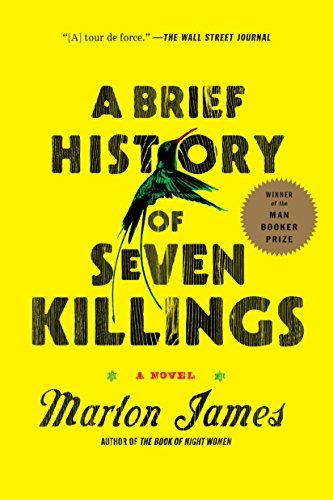
A Brief History of Seven Killings, by Marlon James
Spanning decades, Marlon James’ third novel explores the attempted assassination of Bob Marley in Jamaica in 1976 and its aftermath through the crack wars in New York City in the ’80s and a different Jamaica in the ’90s. Winner of the Man Booker in 2015, the 75 characters which make up the narrative make a for a complex, demanding read which delivers immense brilliance.
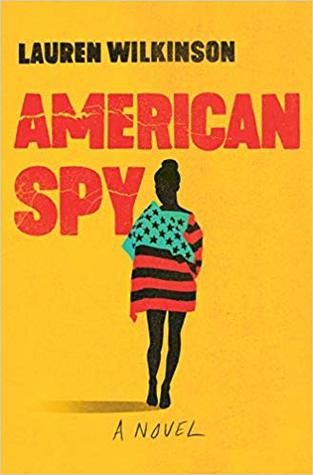
American Spy, by Lauren Wilkinson
It’s a cold war thriller, but not as you know them. Marie Mitchell, former FBI agent, is attacked in her home and relocates to Martinique with her two sons. The book is a letter from her to them, explaining her upbringing in New York’s 1960s, to her life in the FBI in the ’80s, including her time inside the administration of Burkina Faso’s Thomas Sankara. American Spy asks complicated questions about US foreign policy without ever getting preachy.
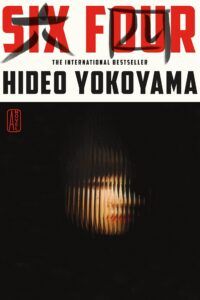
Six Four, by Hideo Yokoyama
A slow burn of a police mystery novel, Six Four’s title refers to the year Shōwa 64, which we in the west know as 1989. For Mikami, the year marks the police failure of an unsolved kidnapping. The novel throws the reader into Japanese hierarchy, family and police politics. Far from a fast-paced physicality approach to the police procedural, this one is all about people: their relationships, secrets… and lies.
For the Kingsbridge Lovers
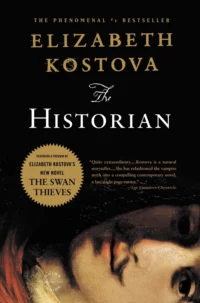
The Historian, by Elizabeth Kostova
Part gothic novel, part adventure, part travelogue, part epistolary… and part historical thriller, The Historian blends the history of Vlad the Impaler and his fictional counterpart Count Dracula. The novel took ten years to write, and the deep research shows in every page. More ghost story than horror, the impact of Dracula lives on in this one.
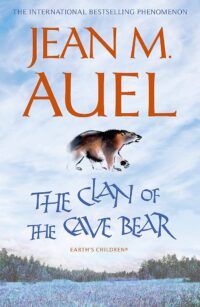
The Clan of the Cave Bear, by Jean M Auel
The first of the Earth’s Children series, this is prehistoric fiction focused on interactions between Neanderthal and Cro-Magnon humans, with a deep research into herbal medicine, archaeology and innovation. Auel uses historical fact to explore hypotheses and theories that aren’t proven, but the whole series is a fascinating glimpse into possibility.
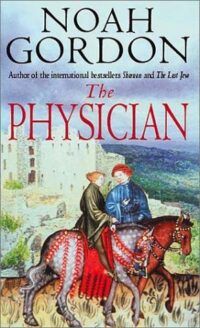
The Physician, by Noah Gordon
Rob Cole is apprenticed to a travelling medicine man in the year 1020 following the death of his parents. With the loss of that man too, Rob finds himself setting out across Europe to Persia to study medicine under Ibn Sina. Rob’s long journey, his relationships and learning, his practice of medicine and his growth as a person make him a deeply engaging person in a tough world.
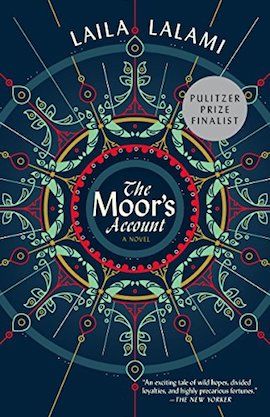
The Moor’s Account, by Laila Lalami
This is a fictional memoir of Estebanico, an enslaved Moroccan who survived the (very real) Narvaez expedition in 1527. Estebanico is widely known as the first Black explorer of America, but almost nothing is known about him. Lalami set out to explore that potential personal story, and her novel replicates the style and culture of Arabic manuscripts of the 16th century, adding a tinge of realness that is honestly brilliant.
For the Century Trilogy Lovers
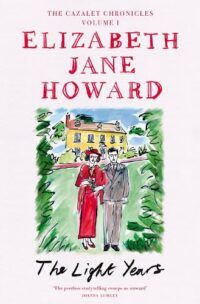
The Light Years, by Elizabeth Jane Howard
This first instalment of The Cazalet Chronicles includes a family tree which took me several chapters to get used to, as I slotted into the lives of the sprawling Cazalet clan. As the world veers toward World War II, a mix of narrators share their motivations, fears and thoughts about themselves and each other, creating a rich history of Britain through the 1940s and ’50s. Her writing of women, in particular, is spellbinding.
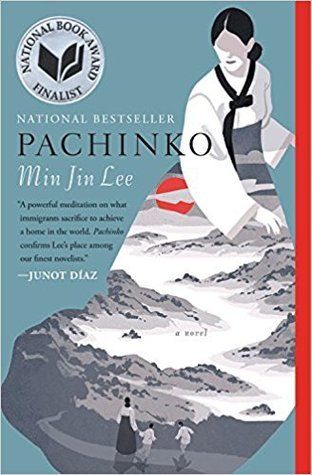
Pachinko, by Min Jin Lee
Pachinko follows the fate of a Korean family that immigrates to Japan. The novel spans from 1910 to 1989, making it a multi-generational feast for the senses. It’s a rich and deeply felt explanation of the Korean experience in Japan throughout the 20th century — the coverage of World War II in particular is very powerful. Shorter than some of the books on this list, it packs a serious punch and is resoundingly epic.
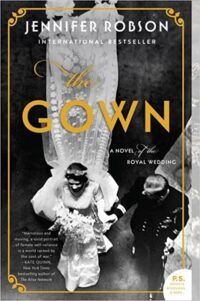
The Gown: A Novel of the Royal Wedding, by Jennifer Robson
Princess Elizabeth’s wedding dress was the subject of huge speculation in the exhaustion of post-war England in 1947. The dress, designed by Norman Hartnell, is the thread that pulls us through this novel, which explores over 70 years the lives and fates of embroiderers Ann and Miriam. Far from romanticising the post-war period, the book draws attention to the cold inequality of the time, that dress juxtaposed against the hardship of its makers.
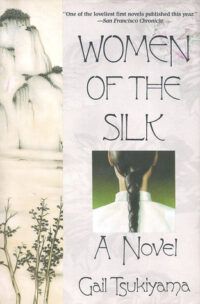
Women of the Silk by Gail Tsukiyama
This transports us to China in the mid 1920s, when a group of women find solidarity inside the vast cavern of a silk factory. Less related to Follett than many other of the books I’ve listed here, I’ve chosen it because of the deep research that went into it, and the light it shines of a very niche moment in 20th century China.
All of this has made me desperate to reread Dracula, clamber into the Hindu Kush with Pilgrim, and yes, start Pillars of the Earth all over again. If you need me, I’ll be lost in a good book.
Source : Books for Ken Follett Fans
